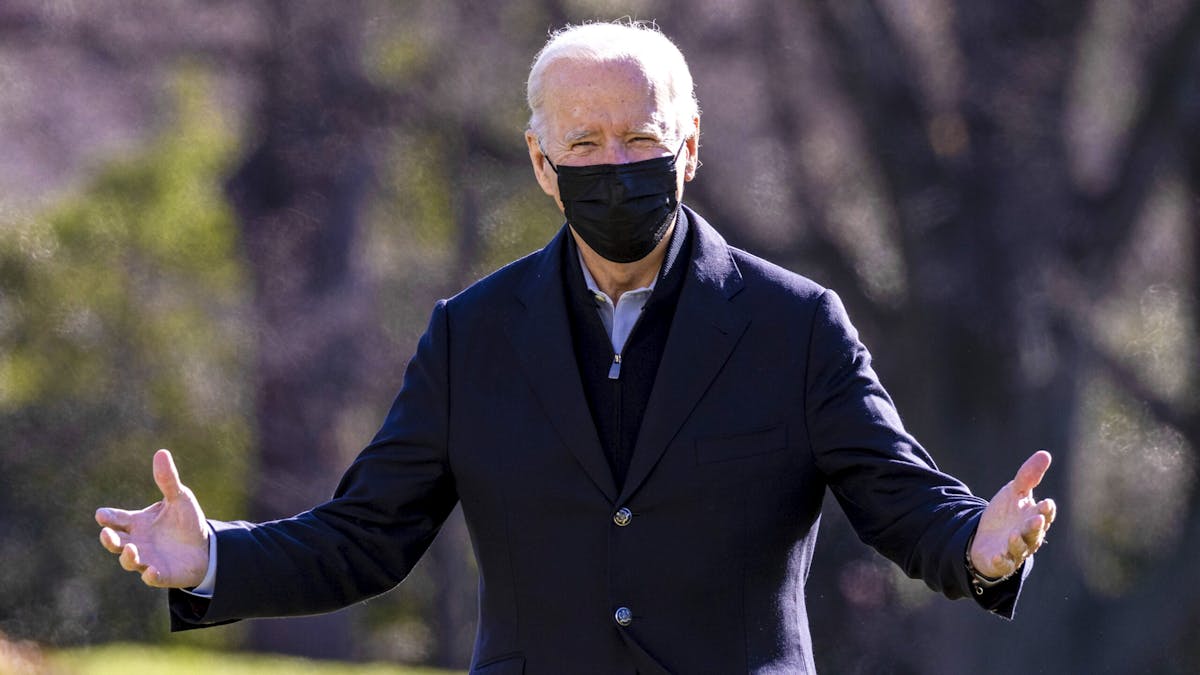The responsiveness of government and governance is measured by the premium that the ruling elite pay to the life and well-being of the people they lead or have some form of influence over.
This is even more so considering how well the government in any given political space or environment views and attends to issues considered very important to the welfare of those who could be considered as the vulnerable sector of its human capital.
Some experts have argued that a nation is as developed as the quality of people inhabiting its territory, so the government must at all times work towards ensuring that the quality of the average human capital is enhanced maximally if the growth and development of the given environment are to be assured.
In the business of developing human capital, however, it is incumbent on the government to ensure that no segment of the society is left behind in its developmental aspirations and projections.
This belief holds true, especially in the task of nation-building where every component unit or individual has one unique and vital role to play as a stakeholder. Such human personnel contribute their quota by utilising both their given or acquired talents for the benefit of all.
Apart from the disposition and efforts being made (or lack of it) by those in government, it must also be noted that the behaviour of other citizens considered to be endowed towards those seen as less fortunate also matters a lot if a holistic view is to be seen by observers who seek to make the right conclusions needed to undertake remedial works.
However, when viewed properly, the plights of some Nigerians who could be considered as physically impaired is so appalling and nothing positive to write home about with little or no form of care or compassion coming their way from the government and other citizens of the same country.
Looking at their plights, ordinarily concerned stakeholders ought to consider it as very important and urgent, the task of mainstreaming issues affecting these critical segments in the front burner of national discourse.
It is a known fact that many times these critically important segments of the population suffer some form of abandonment from their immediate family members who consider them as not too useful enough to be invested in. They (the physically impaired) are left to the vagaries of harsh day-to-day existence in their efforts to survive.
In the past, there hadn’t been concerted efforts officially by successive governments before 2015 in terms of policies, programmes and legislation to give some form of cover, relief and protection to them in a very harsh, unwelcoming Nigerian societal space.
Prior to the coming of the regime of the President, Major-General Muhammadu Buhari (retd.), little efforts had been made by successive governments before him to look critically and dispassionately into their plight in a manner that would frontally address their plights.
At best, what they have received from the government before could be termed tokenism in the way of some not well-crafted policy documents as well as legislative instruments that are usually implemented half-hazardly.
A creative effort was made by Buhari to establish a specialised ministry to cater for the needs of those who could be considered as vulnerable segments of Nigerian society.


